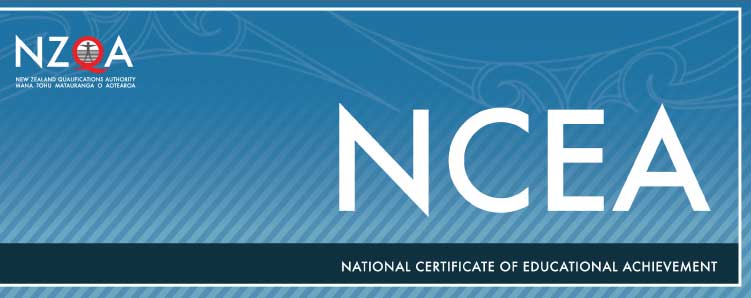- Study in AustraliaAustralian Universities/CollegesPrograms by faculty AusAustralian VisasLife in Australia
- Study In New ZealandNew Zealand UniversitiesPrograms by Faculty NZNew Zealand VisasLife in New Zealand
- Study in CanadaUniversities/Colleges in CANADAPrograms by faculty CanadaCanadian VisasLife in Canada
NCEA
National Certificates of Educational Achievement (NCEA)
The National Certificate of Educational Achievement (NCEA) is the main national qualification for secondary school students in New Zealand.
NCEAs are recognised by employers, and used for selection by universities and polytechnics, both in New Zealand and overseas.
How it works
- Each year, students study a number of courses or subjects.
- In each subject, skills and knowledge are assessed against a number of standards. For example, a Mathematics standard could be: Apply numeric reasoning in solving problems.
- Schools use a range of internal and external assessments to measure how well students meet these standards.
- When a student achieves a standard, they gain a number of credits. Students must achieve a certain number of credits to gain an NCEA certificate.
- There are three levels of NCEA certificate, depending on the difficulty of the standards achieved. In general, students work through levels 1 to 3 in years 11 to 13 at school.
- Students are recognised for high achievement at each level by gaining NCEA with Merit or NCEA with Excellence. High achievement in a course is also recognised.
NZQA has a formal quality assurance process to ensure that the assessment of each standard is fair across all students, regardless of the school they attend. This includes internal moderation, external moderation and assessment system checks.
NCEA is a national qualification on the New Zealand Qualification Framework. Standards that secondary school students achieve as part of NCEA can be used as building blocks for other qualifications.
NCEA levels and certificates
There are three levels of NCEA certificate, depending on the difficulty of the standards achieved. At each level, students must achieve a certain number of credits to gain an NCEA certificate. Credits can be gained over more than one year.
| NCEA level | Requirements |
|---|---|
| Level 1 | 80 credits are required at any level (level 1, 2 or 3) including literacy and numeracy. Schools can explain the literacy and numeracy standard pathways they are using. |
| Level 2 | 60 credits at level 2 or above |
| Level 3 | 60 credits at level 3 or above |
Credits gained at one level can be used for (or count towards) more than one certificate. They may also be used towards other qualifications. For example, unit standards in the domain 'generic computing' might be used towards a Level 2 NCEA certificate, as well as towards a National Certificate in Computing (Level 2); or 20 credits gained at Level 1 can also count towards a Level 2 NCEA certificate.
Multi-level study
Many schools allow students to study a mix of standards at different levels, depending on their ability. For example, in year 12, a student may study most subjects at level 2, but add a new subject at level 1 and another advanced subject at level 3. In addition, students may study multi-level courses with standards assessed at more than one level, e.g. an English course at year 11 may contain both level 1 and level 2 standards.
Recognising high achievement
Certificates can be 'endorsed' to reflect high achievement in a significant number of standards. From 2011, course endorsements will show that students have performed well in an individual course.
Using NCEA after leaving school
NCEA and other national certificates are recognised by employers and are used as the benchmark for selection by universities and polytechnics. NCEA level 2 provides the foundation skills required for employment.
Independent research has shown that performance in NCEA is a good indicator of success at first-year university.
For more information, please contact one of our offices
Study in Australia | Study in the UK | Study in Malaysia | Study in Canada | Study in the USA | Study in New Zealand














